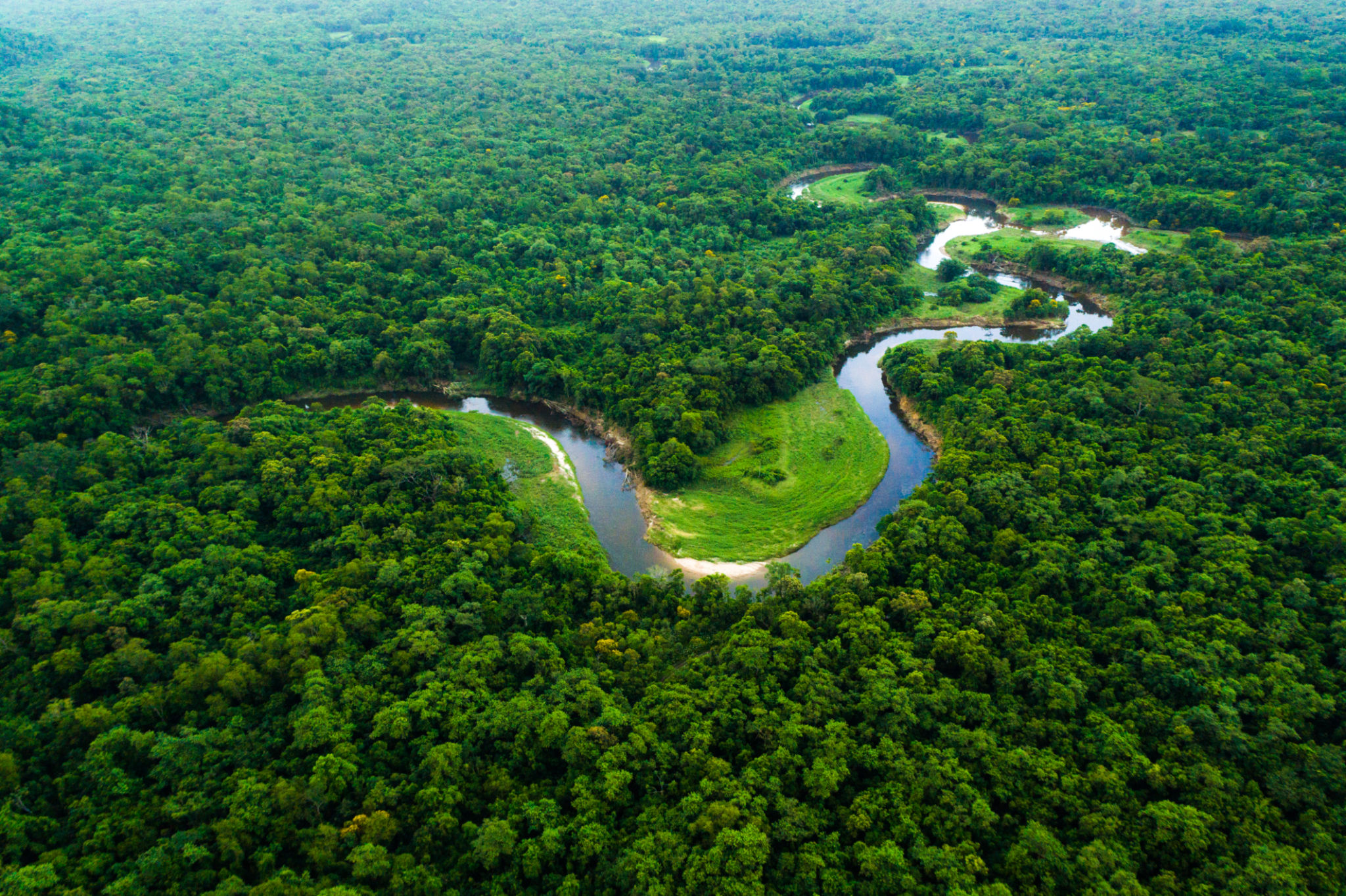Case Study: Successful Scientific Consultancy Projects in Brazil
Introduction to Scientific Consultancy in Brazil
Scientific consultancy has become a pivotal aspect of various industries across the globe, and Brazil is no exception. With its rich biodiversity and burgeoning scientific community, Brazil provides a fertile ground for successful consultancy projects. These projects not only fuel innovation but also contribute significantly to the economic and environmental progress of the nation.
In this blog post, we will explore some exemplary scientific consultancy projects in Brazil, highlighting their objectives, methodologies, and outcomes. These case studies reflect the vibrant collaboration between scientists and industries and showcase Brazil's potential as a leader in scientific consultancy.

Case Study 1: Enhancing Agricultural Productivity
Background and Objectives
The Brazilian agricultural sector is a cornerstone of the country's economy. A leading consultancy firm partnered with local farmers to improve crop yields through innovative techniques. The primary objective was to integrate scientific research with practical farming methods to boost productivity sustainably.
Methodology and Implementation
The consultancy team employed a combination of soil analysis, crop modeling, and climate data interpretation. They introduced precision agriculture technologies, such as drones and sensors, to monitor crop health and optimize resource use.

Outcomes
The project resulted in a 20% increase in crop yields and a significant reduction in water and fertilizer usage. These improvements not only enhanced the farmers' profitability but also contributed to environmental conservation.
Case Study 2: Preserving Biodiversity in the Amazon
Background and Objectives
The Amazon rainforest is a critical ecosystem that requires careful management and preservation. A scientific consultancy project aimed to develop sustainable practices that balance economic development with biodiversity conservation.
Methodology and Implementation
The consultancy team collaborated with environmental NGOs and local communities to conduct comprehensive biodiversity assessments. They implemented strategies such as habitat restoration, sustainable logging practices, and community education programs.

Outcomes
This project led to the successful preservation of several endangered species and the restoration of degraded lands. The integration of local knowledge with scientific expertise was key to its success, fostering a sense of ownership among the communities involved.
Case Study 3: Renewable Energy Initiatives
Background and Objectives
Brazil's commitment to renewable energy is evident through various initiatives aimed at reducing carbon emissions. A consultancy firm worked with energy companies to optimize wind and solar power generation.
Methodology and Implementation
The team conducted site assessments to identify optimal locations for wind turbines and solar panels. Advanced simulation models were used to predict energy output and efficiency improvements.

Outcomes
The project successfully increased renewable energy production by 30%, contributing significantly to Brazil's energy matrix. It demonstrated the potential for large-scale renewable energy solutions in reducing environmental impact.
Conclusion
These case studies illustrate the transformative power of scientific consultancy in Brazil. By bridging the gap between science and industry, these projects have not only driven economic growth but also fostered sustainable practices across diverse sectors. As Brazil continues to harness its scientific potential, it can serve as a model for integrating consultancy services into national development strategies.
